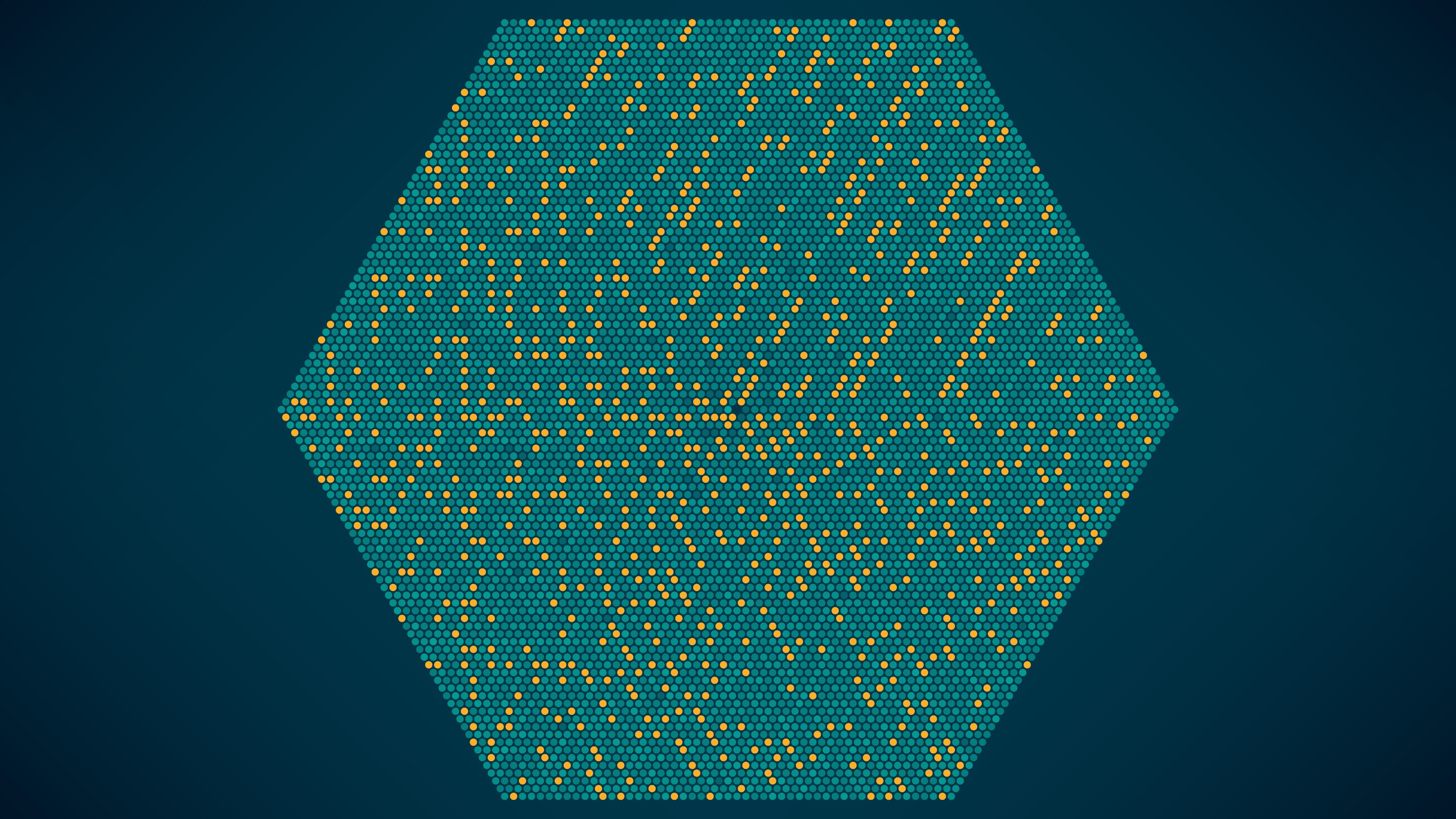1
2
3
4
5
6
7
8
9
10
11
12
13
14
15
16
17
18
19
20
21
22
23
24
25
26
27
28
29
30
31
32
33
34
35
36
37
38
39
40
41
42
43
44
45
46
| #include <bits/stdc++.h>
#define rep(i, a, b) for(int i = (a); i <= (b); ++i)
#define per(i, a, b) for(int i = (a); i >= (b); --i)
#define debug(x) cerr << #x << ' ' << x << endl;
using namespace std;
typedef long long ll;
const int mod = 1e9+7;
const int MAXN = 5e5 + 7;
vector<pair<int, int> > G[MAXN];
ll dis[MAXN], msd[MAXN], maxdis, ans;
void dfs(int x, int fa) {
for(auto p: G[x]) {
int v = p.first, w = p.second;
if(v == fa) continue;
dis[v] = dis[x] + w;
dfs(v, x);
msd[x] = max(msd[x], msd[v] + w);
}
}
void dfs2(int x, int fa) {
for (auto p: G[x]) {
int v = p.first, w = p.second;
if(v == fa) continue;
ans += msd[x] - msd[v] - w;
dfs2(v, x);
}
}
int main(int argc, char const *argv[])
{
int n, rt;
scanf("%d %d", &n, &rt);
int u, v, w;
rep(i, 1, n-1){
scanf("%d %d %d", &u, &v, &w);
G[u].push_back({v, w});
G[v].push_back({u, w});
}
dfs(rt, 0);
dfs2(rt, 0);
printf("%lld\n", ans);
return 0;
}
|






